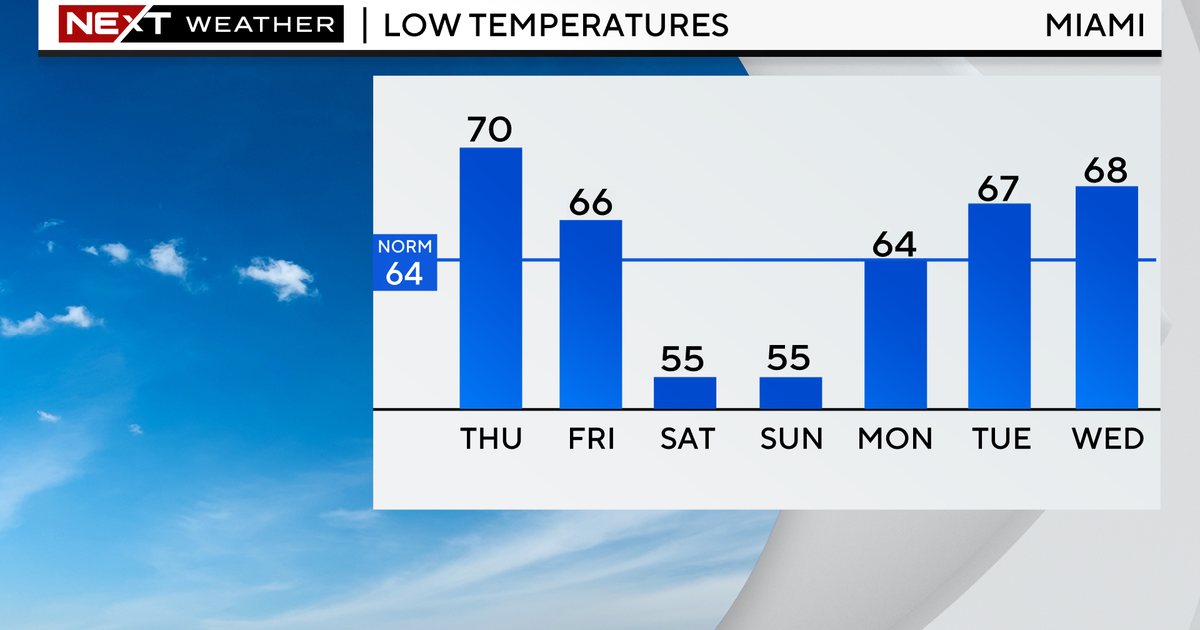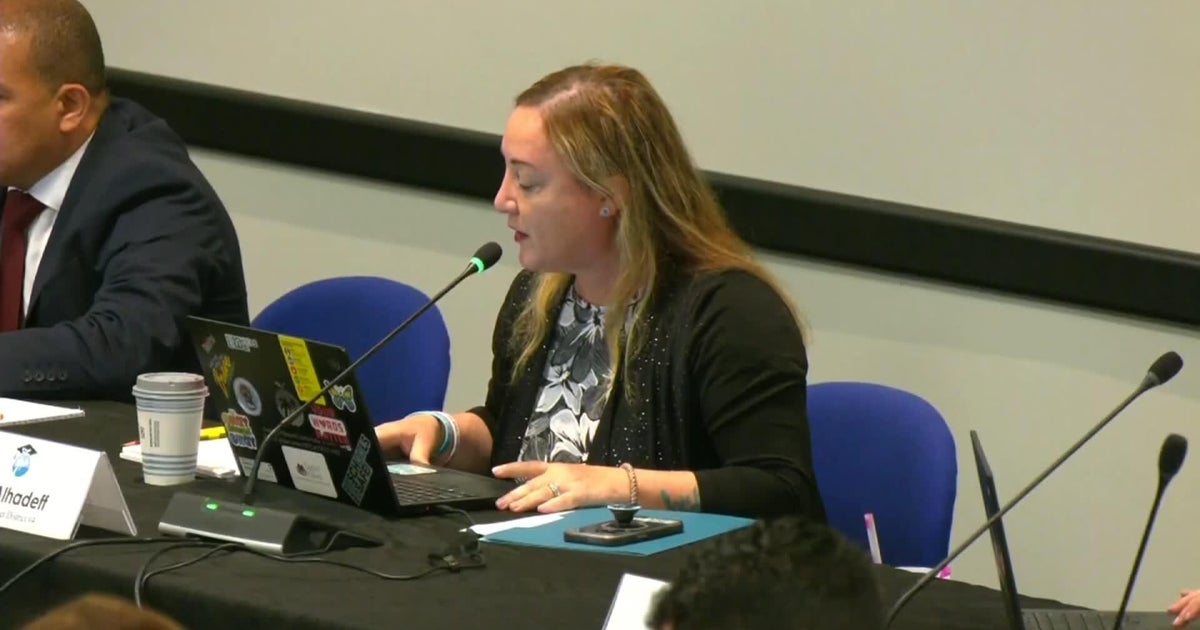Safety Tips For Frying A Thanksgiving Turkey
MIAMI (CBSMiami) -- Thanksgiving is right around the corner and frying a turkey is popular in South Florida but if you don't do it the right way, you could have a big fire emergency.
Miami-Dade Fire Rescue is urging anyone frying a turkey to take safety precautions so their celebration doesn't turn into tragedy.
"We're going to be doing a lot of cooking, burns can happen," said Miami-Dade Fire Rescue's Maggie Castro.
On Tuesday, they did a demonstration on the right way to fry a turkey.
"If you follow the instructions you should be perfectly fine," said Castro.
Also, wear appropriate clothes, nothing too flowy or loose that could catch on fire. Even following the proper safety guidelines, grease can splash all over the place and start a small fire which could get out of control. That's why you should make sure you have everything you need in case there's trouble, like a fire extinguisher and not a hose.
Consumer-grade turkey fryers use a substantial quantity of cooking oil at high temperatures which poses a significant fire threat. The oil used for cooking should be heated to about 350-degrees.
"Once you've made sure that all of your equipment is good and it's safe, then you can make sure that you follow the instructions, you have the right amount of oil. Then you make sure that your turkey is completely thawed out, that is one of the most important things," said Castro.
Other helpful safety tips:
- Never use Turkey Fryers on wooden decks or in a garage.
- Make sure the fryer is used on a flat surface to reduce tipping.
- Never leave the fryer unattended. Most units do not have thermostat controls. If you don't watch the fryer carefully, the oil will continue to heat until it catches fire.
- Never let children or pets near the fryer while in use. Even after use, use caution; the oil inside the cooking pot can remain dangerously hot for hours.
- Do not overfill the fryer.
If you do get a burn that you can treat at home, Castro said water is your best bet to try and cool the area. Clean the burn with gentle soap and water, then cover it with loose gauze. Regardless of what you might have heard growing up, don't put ice on your burn.
"This is too much cold being applied to the area. It could potentially cause tissue damage. It's not necessary for a cut or a burn," said Castro.
More cooking fires occur on Thanksgiving than any other day of the year, according to State Farm claims data. In fact, grease and cooking-related claims more than double on Thanksgiving Day compared to an average day in November. With the popularity of turkey frying, people are at risk for fryer-related fires and injuries.
If you don't want to risk getting hurt or worse, the best advice is to just buy a prepared turkey.



